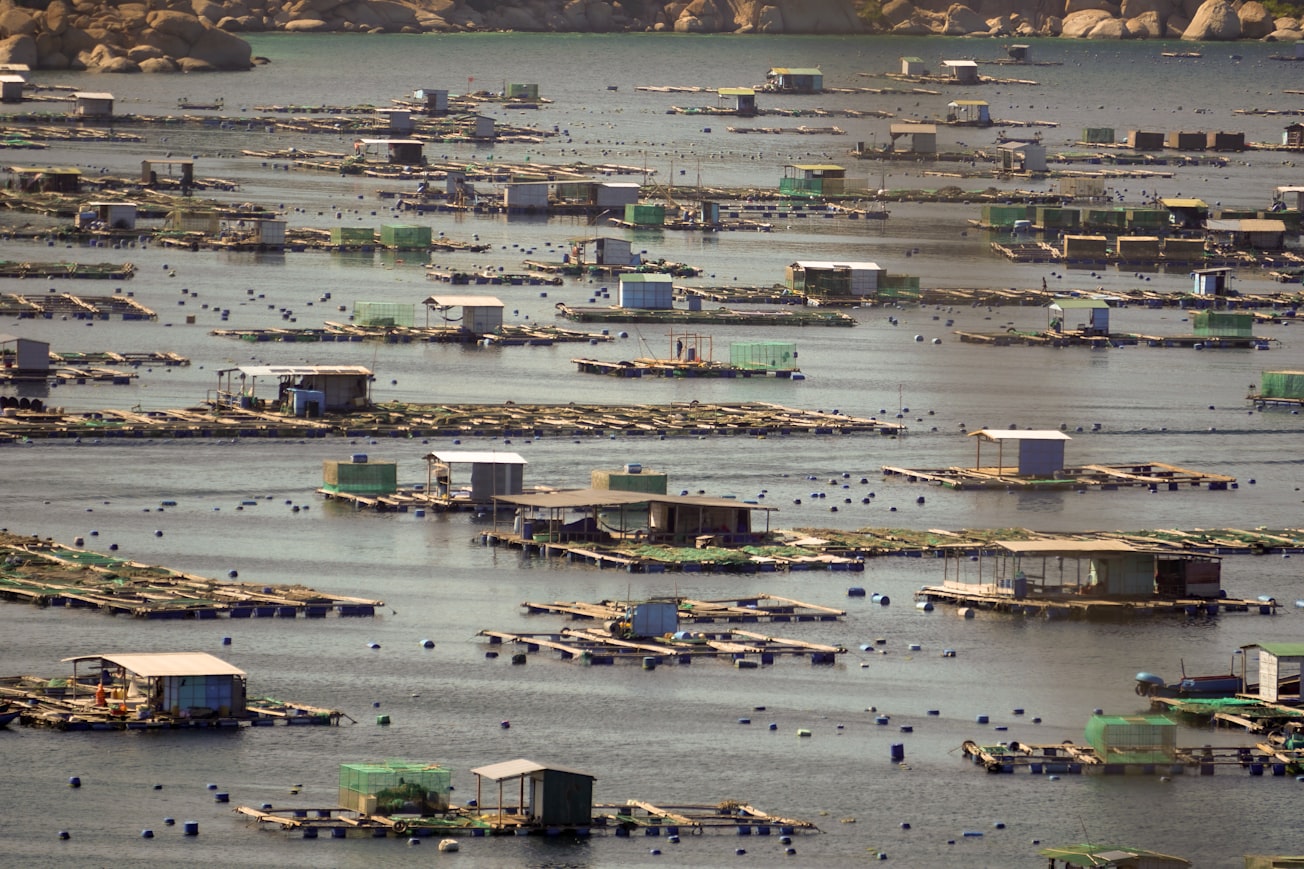What is it about?
In this study, multiphase flood waves caused by failure of silted-up dams have been scrutinized experimentally, and efficacy of the public-domain CFD software OpenFOAM numerical models to represent such phenomenon is evaluated. Experimental observations are sparse on dam break for reservoirs with high sediment depths, called silted-up reservoirs. Sediment layer, in this case, may behave as a viscous fluid and produce a complex multi-layer flow of air and water overtopping a sediment layer. Massive sediment quantities can have a substantial impact on the wave propagation pattern caused by dam break. This study contributes to an experiment-based understanding of dam break phenomenon with silted-up reservoir, and elaborates the propagation of multi-layer waves. Herein, different hydraulic conditions were experimentally observed including 8 different upstream sediment depths in the range of 0 to 0.24 m and 4 downstream initial water levels of 0, 0.02, 0.04 and 0.05 m, which collectively created 32 scenarios. The resulted waves were filmed by high-speed cameras and data were extracted through image processing. An open-source CFD software, namely OpenFOAM, was employed to simulate the experiments using two distinct numerical approaches: volume of fluid (VOF) and Eulerian. Results of both numerical approaches were in good agreement with the experimental measurements; with MAE and RMSE error values varying from 0.006 m to 0.031 m and 0.008 m to 0.043 m, respectively (2% to 10% and 2.6% to 14% with respect to the reservoir height of 0.3 m). The Eulerian approach showed marginally superior performance to VOF, especially in cases with high sediment depths, which is likely due to accommodating phase mixing. A wide collection of high-quality data is made available online in the Appendix Data and could be utilized in future studies.
Featured Image

Photo by Vinh Nguyen on Unsplash
Read the Original
This page is a summary of: Experimental study and numerical verification of silted-up dam break, Journal of Hydrology, November 2020, Elsevier,
DOI: 10.1016/j.jhydrol.2020.125267.
You can read the full text:
Contributors
The following have contributed to this page







